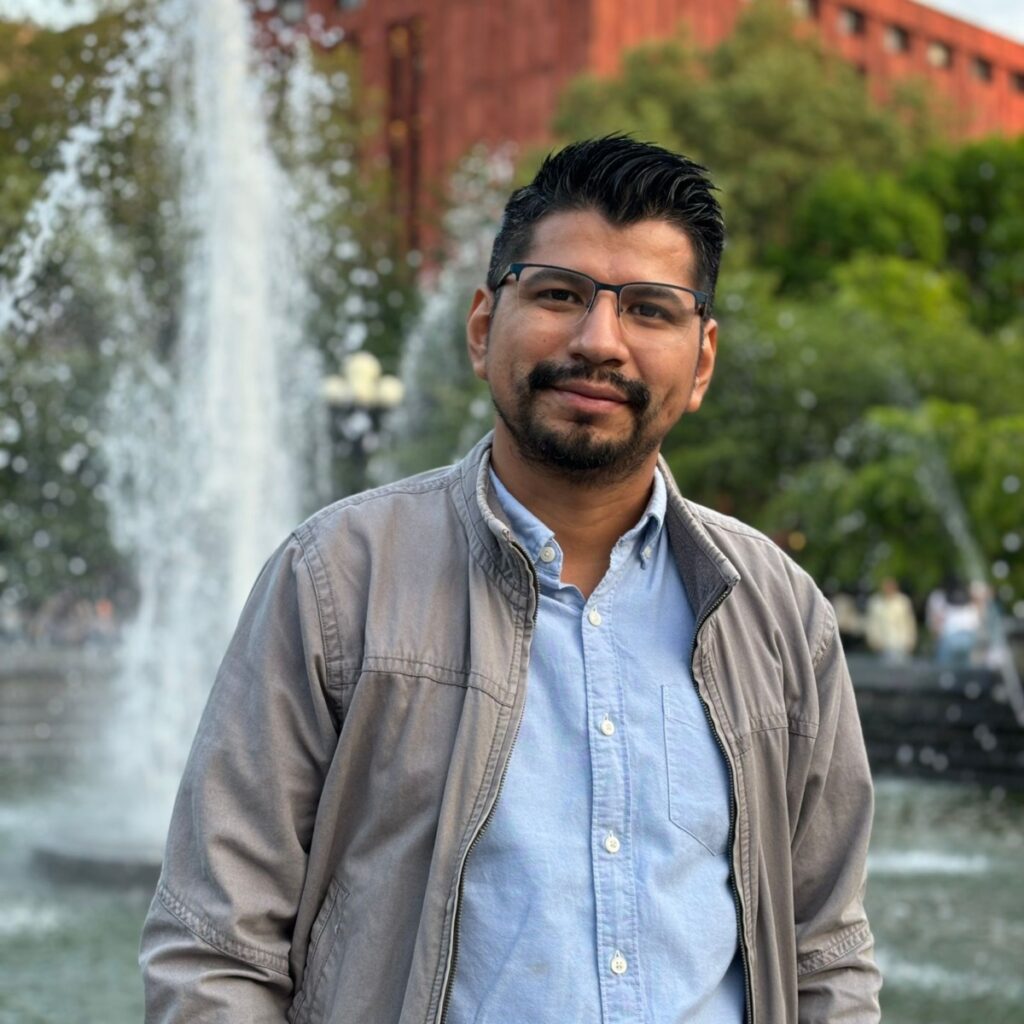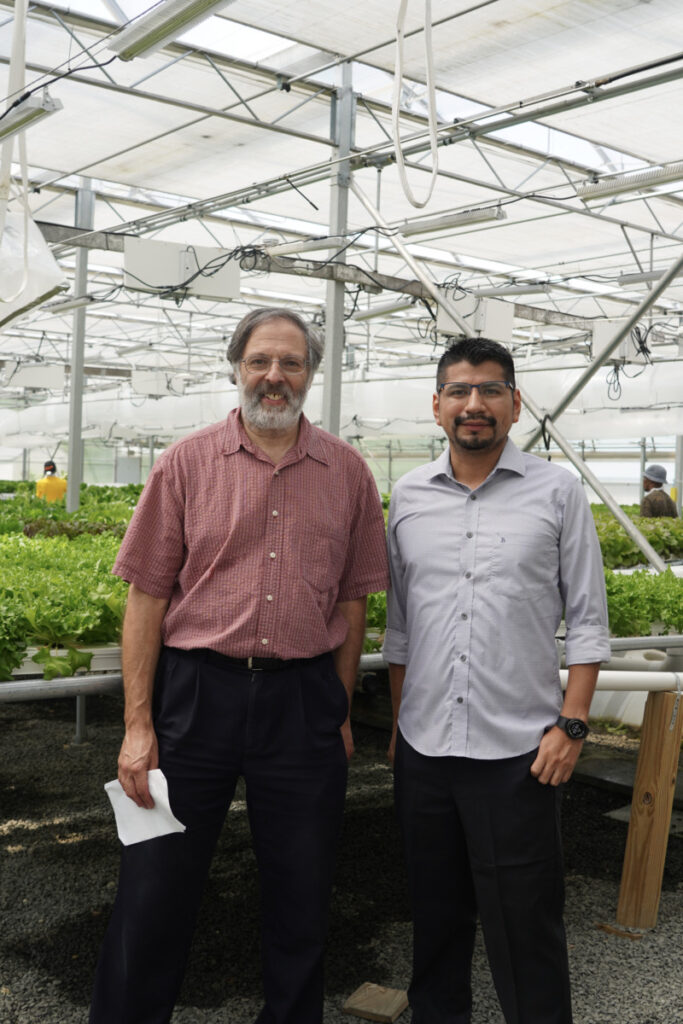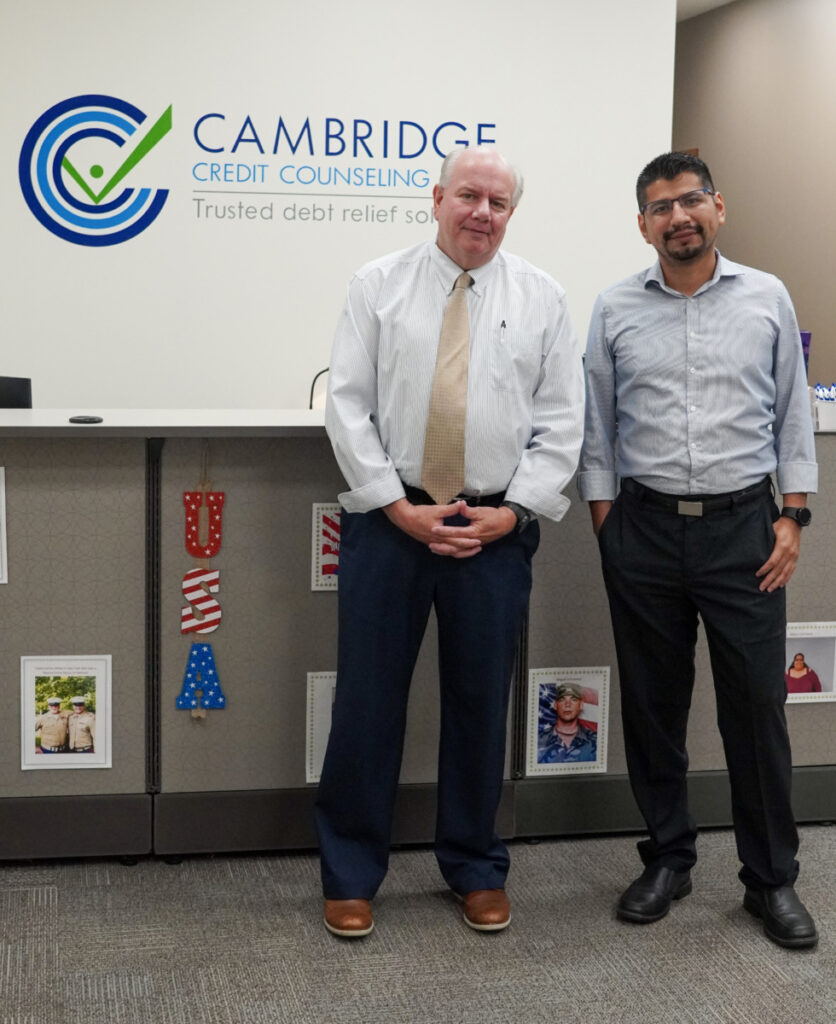By Santiago Colato, El Salvador

Before we started the professional exchange program, the ITD team told us to keep an open mind to all that we could learn professionally. After spending a few weeks in the Western Massachusetts region with our host, Marty Lynch, a family man actively involved in the community, I learned valuable lessons. Marty also took us to the former home of Mark Twain, who once wrote, “All you need in this life is ignorance and confidence; then success is certain,” reminding me that to learn, it is essential to keep an open mind. The first lesson I learned is the importance of remembering history.
Through museums, monuments, and even musicals, I understood the value of knowing our past. The phrase “Look at where you are. Look at where you started,” from the musical Hamilton, exemplifies this tradition of remembering history—a history that helps us avoid repeating the same mistakes and appreciate the progress we have made. Unfortunately, in Latin America, we are quick to forget our history and repeat the same errors.

I must also highlight the importance of networking to support each other, share ideas, and take advantage of resources. I was surprised at how every conversation and every space became an opportunity to establish connections. One of the things that impressed me most about Marty was how quickly he could connect with others.
The third thing I learned is that it’s important to share knowledge freely. From the master classes at IT Amherst to the meeting in New York with Will Freeman at the Council on Foreign Relations, and the visit to the Fimbel Maker and Innovation Lab at Mt. Holyoke College, every person we met was happy and eager to share their knowledge.

Finally, the biggest lesson I take away is that we should take advantage of opportunities, which are sometimes hidden in unexpected places or even in problems. For example, the problems of long-distance communication led to the invention of the telephone, and in the face of the difficulty of transporting goods over long distances, the airplane was invented. Faced with the shortage of land in big cities, people decided to make the most of vertical spaces and build skyscrapers. Today, innovative solutions continue to be pursued by companies and universities like Harvard and MIT, who together founded the edX platform to provide free, quality education over the Internet.
In Springfield, I had the opportunity to visit the Wellspring Harvest greenhouse, which uses hydroponics to produce all types of lettuce year-round, even during the New England winter. The greenhouse is worker-owned and has a community component through education about urban agriculture. What’s more, the greenhouse is located on an underutilized site that used to be a factory; they didn’t see a problem—they saw an opportunity and seized it.
With nearly a decade of experience working on IT projects that support economic development in Central America, I used to think only about applying technology solutions to problems. Now, however, I am applying those lessons about networking, sharing knowledge, and seizing opportunities to the new projects we are undertaking to develop the region.
All opinions expressed by the program participants are their own and do not represent nor reflect official views from the Bureau of Educational and Cultural Affairs of the U.S. Department of State, or of the Institute for Training and Development, Inc.



